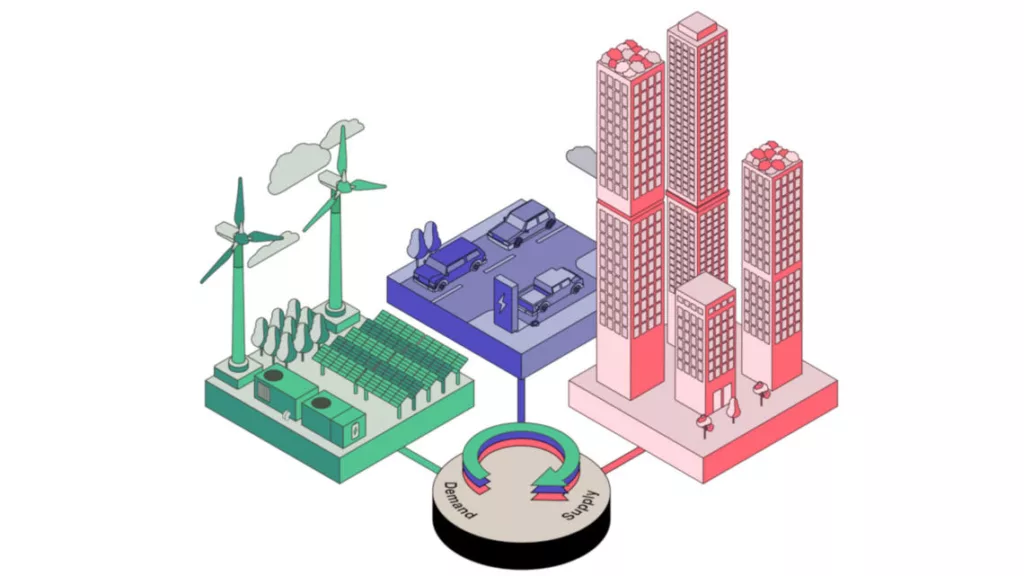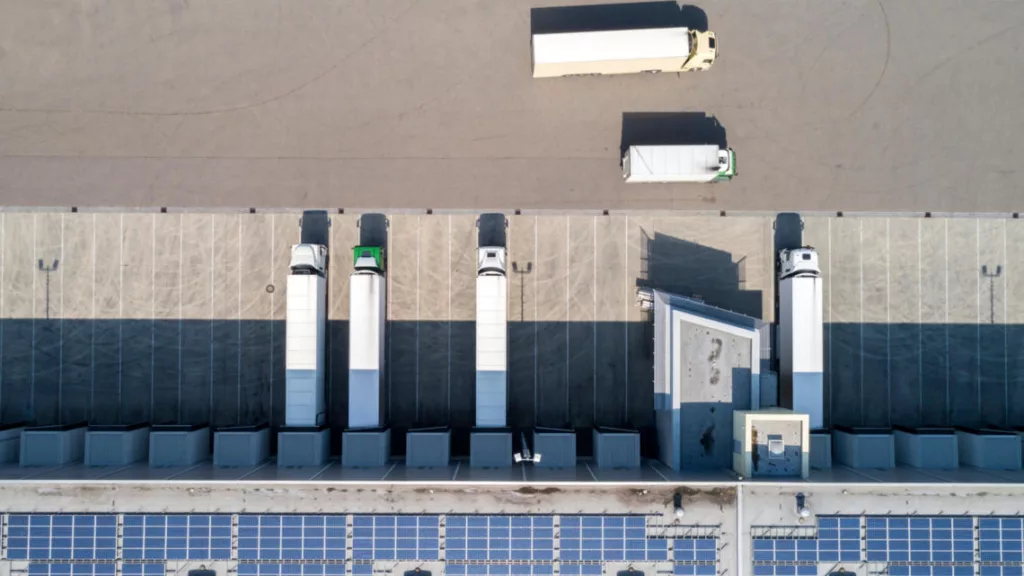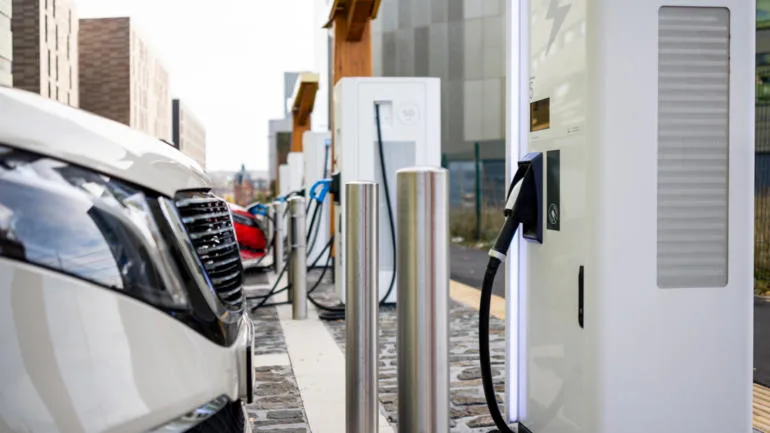Introduction
01
Digital mobility solutions and data sharing are crucial enablers of the sustainable mobility transformation.
Data from diverse sources, including different modes of transportation, are central to make urban mobility more inclusive and more efficient, with reduced environmental impact. WBSCD members are guiding and scaling digital solutions and data exchange between the public and private sectors to lower carbon emissions, enhance safety and accessibility and reduce road congestion and pollution in cities.
The challenge
02
Digital mobility solutions are essential to achieve the Paris Agreement targets in the transport and mobility sector.
But to scale these solutions in time to meet a 1.5°C-scenario, businesses need a clear value proposition. They need to increase capacity to enable collaboration and mitigate perceived or real competitive advantage and user exposure risks. Creating sustainable digital solutions that are ethical and privacy-centric requires cooperation from the entire mobility ecosystem.
The business case
03
Digital mobility solutions can reduce the carbon footprint of transport.
Digitalization is critical to improve transport efficiency, support a truly integrated and seamless Mobility as a Service (MaaS) system, help optimize fleet operations and support integration of informal and on-demand transportation. It can also help to shift behavior toward lower-impact modes such as walking or cycling. Digital solutions can create immense shared value, beyond the mobility system, and vehicle-generated data alone could create a total revenue pool of USD $450 – 700 billion by 2030.
The solution
04
Business is in a unique position to increase access to data sources and develop new sustainable mobility services.
By developing internal capabilities and shifting mindsets, companies can work towards building resilient ecosystems to harness the value of digital solutions for decarbonization. Accelerating digitalization and data sharing in mobility systems will help public and private stakeholders lower carbon emissions, enhance safety and accessibility and reduce road congestion.

Sustainable mobility: How cities and businesses can maximize the impact of MaaS
27 November, 2023

The fast lane to low carbon with integrated approaches
21 July, 2023

Companies unite to advance truck electrification in India and signal demand for 7,700 electric freight vehicles by 2030
19 July, 2023

How to use data for faster and better charging
13 July, 2023

Financing charging infrastructure
17 November, 2022

Optimizing investments in EV charging through data sharing
26 October, 2022



